Announcement: We have a new email address! Please direct all emails to: iascsearch@cisco.edu
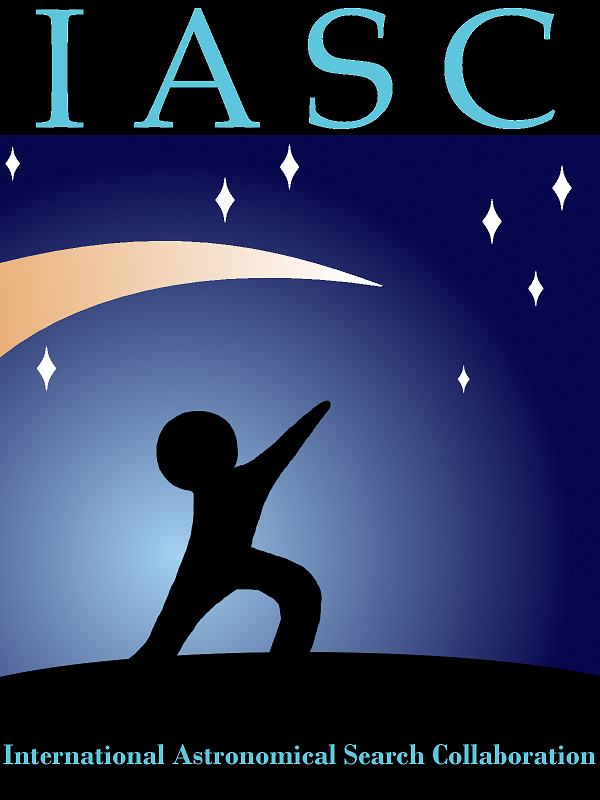
The International Astronomical Search Collaboration (IASC) has many gifted staff members who dedicate their time and money to keep IASC running smoothly. Most of the IASC staff are volunteers which allows IASC to continue to offer its programs for free.

Dr. Miller is a professor of mathematics at Hardin-Simmons University in Abilene, TX. He also teaches introductory astronomy and astronomical research methods at the University. He founded IASC in October 2006, and serves as the Vice-President of the Permanent Council of the Global Hands-On Universe Association.
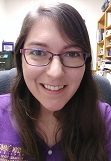
Mrs. Davis is a Mathematics graduate of Hardin-Simmons University. She enjoys astronomy and attended the 2013 Global Hands-On Universe conference in Greece. As IASC Coordinator, she handles registration and the running of the asteroid search campaigns.
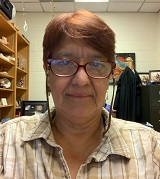
Dr. Horst earned her Ed.D. in Higher Education from Concordia University and both her Master’s degree in Education and Bachelor’s degree in Liberal Arts from Abilene Christian University. Dr. Horst is a retired U.S. Air Force veteran of 20 years. As IASC Assistant Coordinator she assists in management of IASC asteroid searches.

Mrs. Anderson is a retired science teacher in May, Texas. She was a participant of the Introductory Astronomy Course at Abilene Christian University (June 2008) and of the Summer Astronomy Institute at the Lawrence Berkeley National Laboratory (June-July 2008).
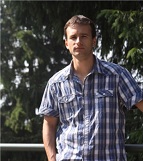
Mr. Buzzi lives in Italy where he has been a member of the Schiaparelli Astronomical Observatory since 1997. He works full time for the Observatory, where he does educational and scientific activities (mainly astrometry of NEOs). He collaborates with IASC doing follow-ups of IASC discoveries with local and remote telescopes.
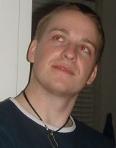
Mr. Vorobjov is originally from Bratislava in the Slovak Republic. He graduated with a BA in Computer Science, Mathematics, and Physics from Colby College. He currently resides in London where he is a lead creative technologist in a digital agency. With an avid interest in astronomy, he is an IASC astronomer responsible for verifying citizen scientist asteroid discoveries and taking follow-up images to complete the discovery process.
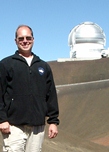
Dr. Hartung is a researcher in computational astronomy based in Boulder, Colorado, and is a member of the Infrastructure for Astrophysics Applications Computing project at the International Center for Computational Science. He develops and runs pipelines that prepare large format images from professional survey telescopes for use by IASC.
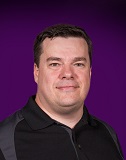
Dr. James Martin earned a Ph.D. in Mathematics from the University of North Texas in 2016. Prior to that, he was a Software Systems Specialist in the Department of Biostatistics and Applied Mathematics at M. D. Anderson Cancer Center, and later a Software Developer for Epic Systems Corporation.
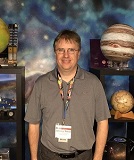
Dr. Jeremy Wood is a professor of astronomy at the American Public University System. He has been teaching at the college level in the area of physics and astronomy since 1993. His research is in the area of dynamics of small solar system bodies. Dr. Wood has a Ph.D in astronomy from the University of Southern Queensland and enjoys science fiction, computer programming, and military history.
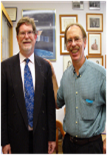
On the right is Dr. Pennypacker. He is a researcher in astro-physics at the Lawrence Berkeley National Laboratory where he was one of the recipients of the 2007 Gruber Prize in Cosmology for the discovery of the accelerating expansion of the universe. He is the co-founder of Hands-On Universe, and serves as the President of the Executive Council of the Global Hands-On Universe Association.
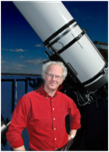
Dr. Holmes is a professional photographer in Illinois. He has a passion for astronomy research and education. ARI's 24in, 32in, and 50in telescopes have been used in the past to provide images analyzed by citizen science groups in the IASC asteroid search campaigns and near-Earth object confirmation campaigns.
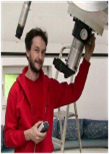
Mr. Raab is a software engineer in Austria. He is a member of Linzer Astronomische Gemeinschaft, having served as its president since 1996. He developed the software Astrometrica used by citizen science groups to analyze the image sets in the IASC asteroid search campaigns and near-Earth object confirmation campaigns.
D3 Consulting is based out of Klamath Falls, Oregon and specializes in scientific computing and analytics.